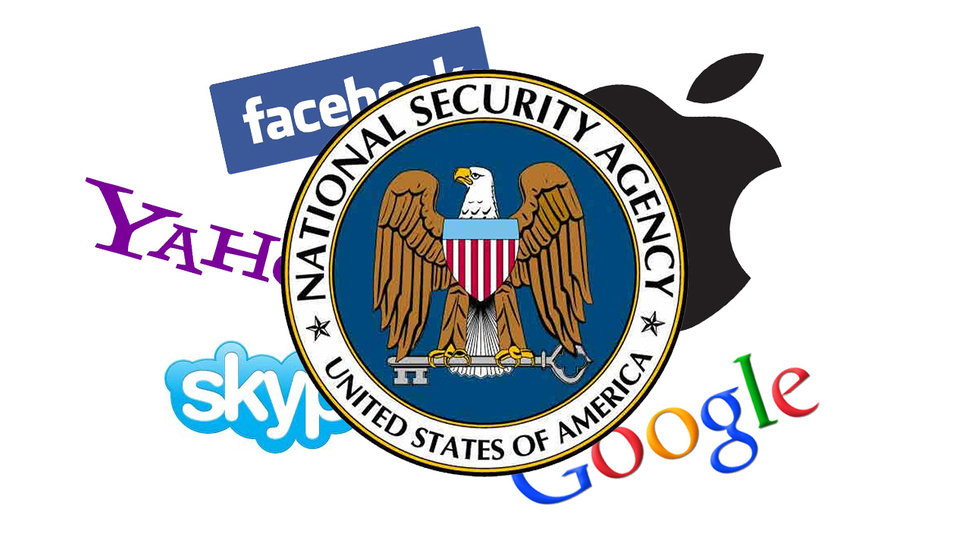For the European Democrat Students Council Meeting in Trier, Germany Presented by TK Finland, FMSF Sweden, HSF Norway and LCYU Latvia
Adopted by the NKSU (Nordic Conservative Student Union) Council in Helsinki on 5th of October 2008
On first of January 2007 Finland, under a central-left government at that time, joined the questionable company of Norway, Sweden, Denmark and Netherlands becoming the fifth EU state to date to instate a state controlled Internet censorship in legislation. In order to stop spreading child pornography in the Internet the bill gives the National Bureau of Investigation (Finnish State police) the authority to introduce a blacklist of foreign internet sites known to host child pornography and that blacklist is to be followed by commercial Internet Service Providers (ISP) to censor these sites from their respective customers. The bill states that participation on behalf of the ISP is voluntary, but practice has proven this to be only nominally so.
While the aim of the censorship is noble, the results have been questionable at best. First, the current system is technically crude. The intent of the law was accurate censorship of specific pages and images. In practice if a single picture gets flagged as suspicious an entire potentially innocent site where users may post images can get censored. This has occurred at least once for certain when the popular American discussion and picture forum 4chan got censored for a while.
Second, according to an independent study anyone with average knowledge on how the Internet works can technically bypass these filters by using a foreign proxy in less than a minute if he or she wills. Potentially this can mean that having such a blacklist has a negative effect should the list leak to publicity. This being the case the sole existence of such a list would turn into advertizing where illegal content may be found relatively easily.
Third, and foremost, the Finnish system has been proven to be misused by the authorities to censor entirely lawful material without any explanation given. Shortly after the system was first introduced a Finnish freedom of speech activist started a site criticizing Finnish internet censorship. He managed to partially reverse-engineer the blacklist and published the contents of the list on his site for informational purposes – in order to show that a multitude of entirely legal sites had been blacklisted based on vague suspicions. This however, resulted in the police adding his domestic site to the blacklist of foreign sites and thus censoring it. The event didn’t luckily go unnoticed and as soon as the national media started getting interested in the case, the site was unbanned and police further refused to comment the incident in any way.
All of former also hold true for other Nordic systems, although watertight proof of authority misuse hasn’t been verified outside of Finland. Alternatives exist. For example in United Kingdom the ISP British Telecom has voluntarily without a legislative interference introduced a precise system known as the “cleanfeed” to filter single pages proven to contain pornographic material representing children. As this system is based on the address of a page instead of the domain name, it is also more secure concerning use of public proxies depicted earlier. Also, as a security feature it doesn’t render a censorship warning page but a simple common “not found” message. Foremost, this system gives the consumer a right for a choice. If an ISP goes too far in its noble purposes of preventing distribution of illegal content and gets a bad reputation, the consumer may switch providers. This however, is not possible with a state controlled system.
We, the European democrate students, student organization of the European People’s party EPP,
considering that no state should have the right to censor any media whatsoever, no matter how noble the purpose was,
• encourage the governments of Denmark, Finland, Netherlands, Norway and Sweden to give up any legislation giving the authorities rights to control a censorship system
• encourage these countries to create conditions for independent service providers to take decentralized and technically more advanced action against distribution of illegal material on grounds of common decency and market rules

